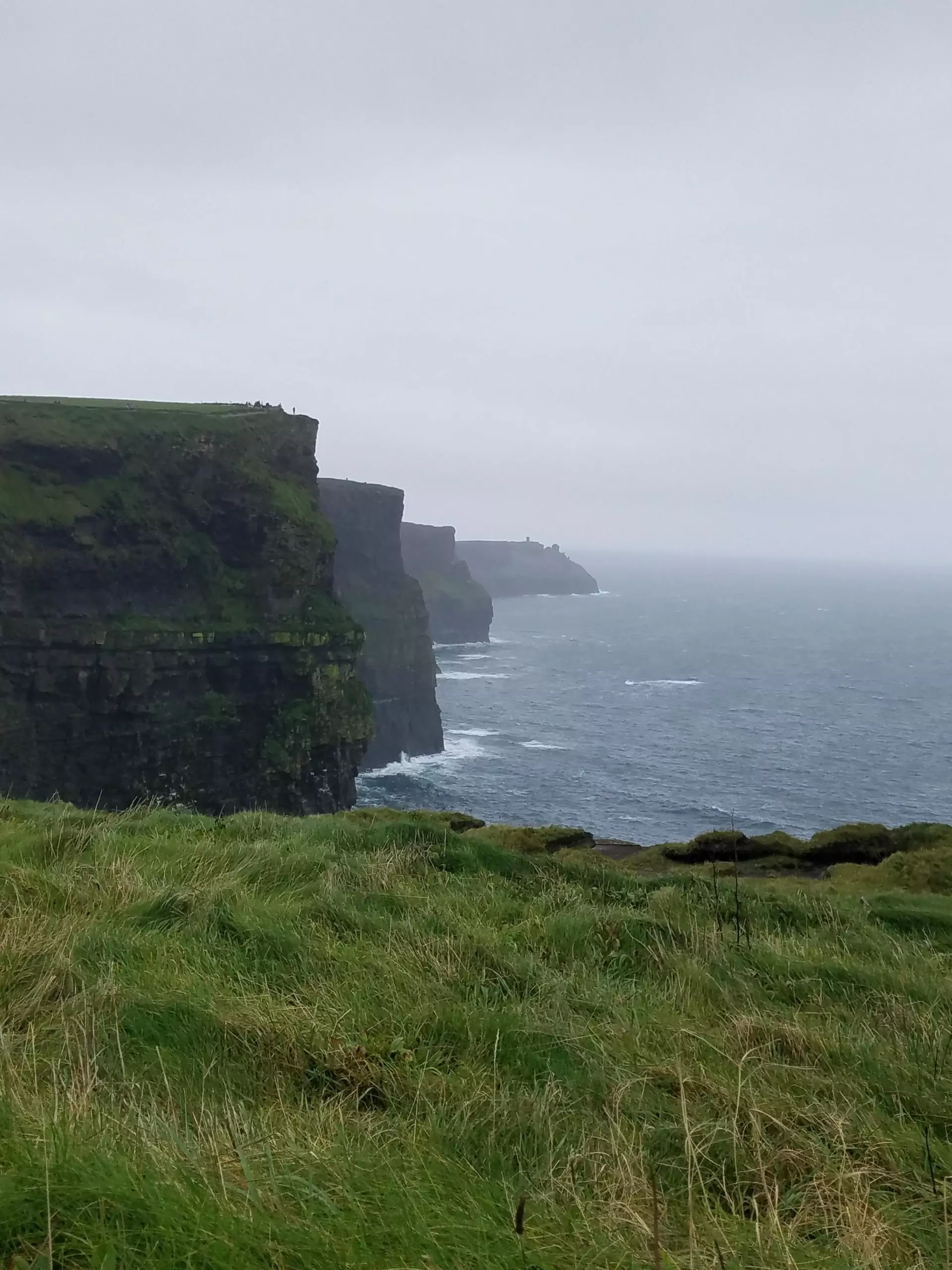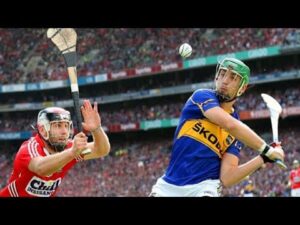GAA and Me: Looking Into Social Connections Through the Use of Sport


When thinking about Ireland, the most common preconceptions are rolling greens hills, creamy black Guinness, and soaring gray rainclouds. However, one of the defining features of my Irish experience was the Gaelic Athletic Association (or GAA) and its tradition of Irish pride and cultural identity. By participating in GAA at Trinity College Dublin, I was able learn much about Ireland and Irish culture all while embracing competition and sport, which has played a major role in my college experience.
First, it is important to place the historical importance of the GAA into proper context. The GAA is a tradition that is unique to Ireland, developing in the late 19thand early 20thcentury as an organized group. GAA consists of two sports, Hurling and Gaelic Football. Hurling is a mix between lacrosse and field hockey, and is proudly called the fastest land sport by proud members and Irish persons. Gaelic football is much like a cross between soccer and rugby, leading to a more physical game of football that celebrates both skill and toughness. While the GAA was officially organized in the late 19thcentury, both games have traditional roots in Ancient Ireland, in the time before Christian missionaries arrived. As a result, GAA is not merely an organization of sport; rather, it is part of a complex cultural identity that links modern Irish to their ancient roots.

The modern organization of GAA also has a strong connection to the Irish independence movement of the 1920’s, a dominant feature of Irish culture and political life. The GAA encouraged Feinianism, a form of Irish nationalism and independence that is strong attributed to the push for Irish independence that eventually succeeded in defeating British occupation during the 1922 uprising. GAA encourages local connections and community bonds, further cementing the already tight-knit Irish community.
Looking to my personal experience with the GAA, it was a defining feature of my time at Trinity. The opportunity to visit the GAA museum at Croake Park is one of the most vivid and engaging outings I was able to participate in with IFSA. The trip tor, where out entire group played a large game of Hurling, was one of the fondest memories of Ireland (I scored two goals on two tries). Additionally, hurling specifically allowed me to connect with other Irish students through the club team and to engage with Irish culture on a new level. The local pride of my teammates toward their home counties was completely foreign at first, but as time passed I found myself having that same pride for my favorite team (go Cork!).
As a varsity athlete at Colby College, I had reservations about going abroad and being unable to continue my athletic training and conditioning at Trinity. Through the club Hurling team, I was able to continue my athletics, thereby helping with my physical conditioning and training while also giving me a fun outlet to engage in physical activity while develop unique and long lasting friendships in the process. For any varsity athletes worrying about the opportunities to compete abroad, I would reassure them that at Trinity there are plentiful opportunities to continue training and competition.
My experience as a student-athlete going abroad was an incredibly positive one, and I would encourage all student-athletes interested in studying for a semester abroad to purse that goal. Having spoken to a number of fellow student at schools around the country, there are always opportunities to stay active and make sure that athletic training can continue in some capacity during any abroad experience. Two of the most popular activities suggested to me as to join club soccer or club squash. Both of those sports encourage physical fitness while also fostering quick and lasting friendships. Additionally, sports such as swimming or water polo provide the element of physical fitness to any student while also allowing for a varied commitment level, ensuring maximum flexibility when planning fun weekend or weekday activities. While not all programs have the opportunity to play GAA, rest assured knowing that no matter the location, sport can be used as a vehicle to develop both fitness and connection.
In conclusion, the GAA was a defining feature of my abroad experience at Trinity College Dublin. The social and cultural engagement through the vehicle of sport was an opportunity that I will always cherish. Having played Hurling at Trinity, my interest in continuing to study the GAA has been sparked, and I am currently proposing a thesis about the role of the GAA in Irish nationalism both pre and post Irish Independence. I hope that my experience can be informative and reassuring to anyone that is interested in going to Trinity College Dublin.
Andrew S. | Colby College | Trinity College Dublin Partnership in Dublin, Ireland | Fall 2017